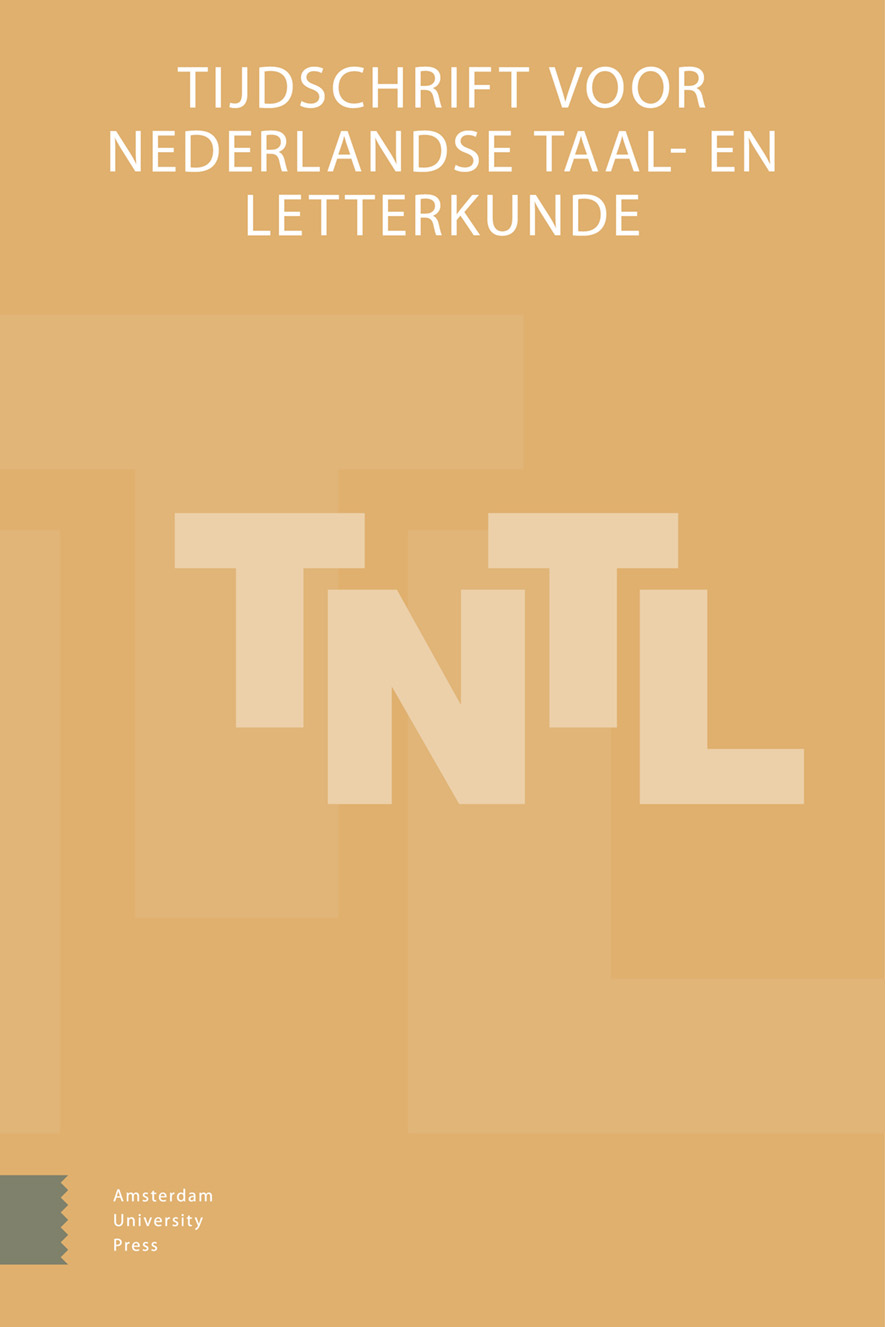
Full text loading...
We use cookies to track usage and preferences.I Understand
The poet Anna van der Horst was the first female author in the Dutch Republic to publish an epic featuring a female protagonist. However, there has been minimal scholarly attention directed towards her epics De gevallen van Ruth (1764) and Debora (1769). This article posits that an intertextual analysis of Debora contributes to the ongoing scholarship on early modern Dutch women’s writing, which has predominantly focused on paratextual material. Van der Horst modifies the traditionally masculine genre of the epic by introducing a heroine aligned with conventional masculine expectations, simultaneously challenging the traditional portrayal of the female protagonist. Furthermore, she transforms Judges 4-5 and the contemporary epic Abraham, de aartsvader (1728) in a manner that amplifies the role of women and diminishes the significance of men. This strategy strongly resembles the postmodern act of feminist revision. These transformations challenge gender stereotypes and suggest that Van der Horst’s poetry may possess a more subversive or radical nature than anticipated based on the afterwords of her epics. The article therefore also compels a re-evaluation of the Biblical epic, not solely as a religious genre but also as an emancipatory one, particularly when examining the contributions of women writers.

Article metrics loading...

Full text loading...
References


